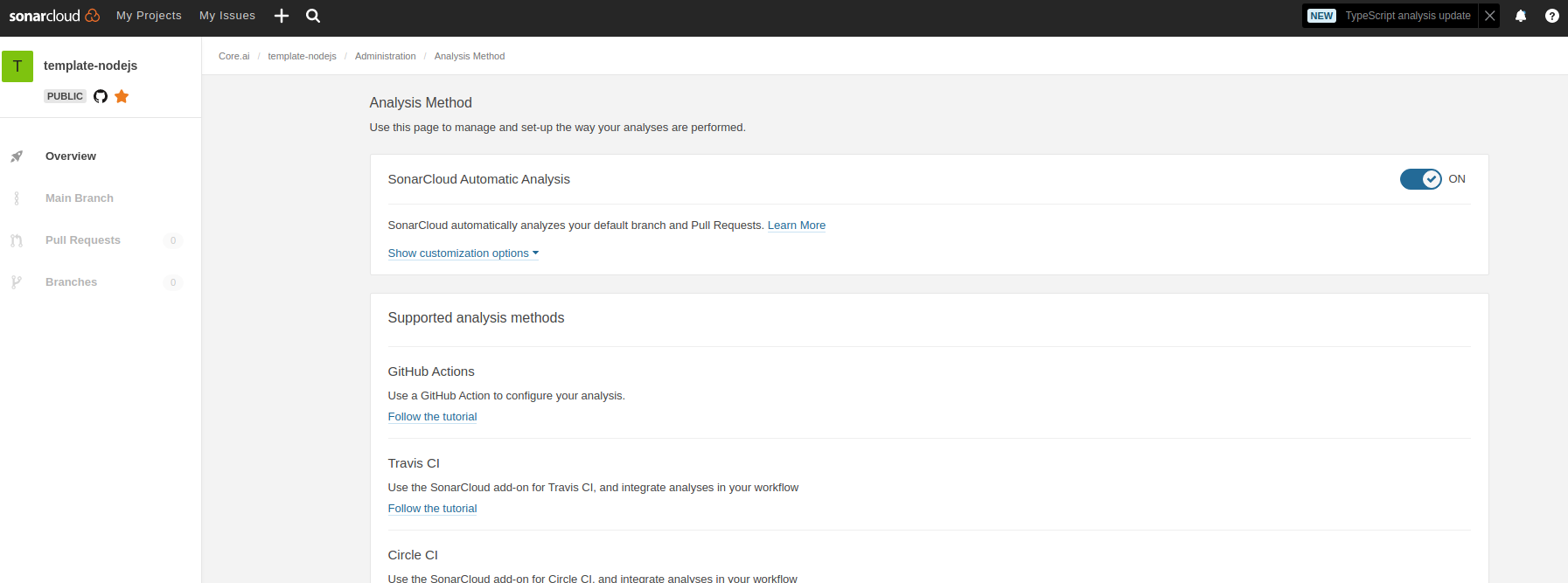WebSocket client for cocoDb. This will client can pipeline the requests to increase through put connection
npm install @aicore/cocodb-ws-clientimport * as coco from "@aicore/cocodb-ws-client"; // to import all functionsCreate a connection to the cocoDbServiceEndPoint and listens for messages. The connection will be maintained and it will try to automatically re-establish broken connections if there are network issues. You need to await on this function before staring to use any db APIs. Any APIs called while the connection is not fully setup will throw an error.
cocoDbServiceEndPoint[string][1] The URL of the coco-db service.authKey[string][1] The authKey is a base64 encoded string of the username and password.
Returns [Promise][2]<null> Resolves when the cocodb client is ready to send/receive requests for the first time.
Rejects only if the user calls close API before any connection is established.
await db.init("ws://endpoint.coco", "your_auth_key");See this wiki for detailed API docs
- https://github.com/aicore/cocoDbWsClient/wiki/api-API
- More coco lib level detailed docs can be found at https://github.com/aicore/libmysql/wiki/db-API
Closes the connection to the server. You need to await on this function before you can call init again.
Returns [Promise][2]<null> Resolves when the cocodb client is closed and you are free to call init again. Never rejects.
await db.close();Since this is a pure JS template project, build command just runs test with coverage.
> npm install // do this only once.
> npm run buildTo lint the files in the project, run the following command:
> npm run lintTo Automatically fix lint errors:
> npm run lint:fixTo run all tests:
> npm run test
Hello world Tests
✔ should return Hello World
#indexOf()
✔ should return -1 when the value is not presentAdditionally, to run unit/integration tests only, use the commands:
> npm run test:unit
> npm run test:integTo run all tests with coverage:
> npm run cover
Hello world Tests
✔ should return Hello World
#indexOf()
✔ should return -1 when the value is not present
2 passing (6ms)
----------|---------|----------|---------|---------|-------------------
File | % Stmts | % Branch | % Funcs | % Lines | Uncovered Line #s
----------|---------|----------|---------|---------|-------------------
All files | 100 | 100 | 100 | 100 |
index.js | 100 | 100 | 100 | 100 |
----------|---------|----------|---------|---------|-------------------
=============================== Coverage summary ===============================
Statements : 100% ( 5/5 )
Branches : 100% ( 2/2 )
Functions : 100% ( 1/1 )
Lines : 100% ( 5/5 )
================================================================================
Detailed unit test coverage report: file:///template-nodejs/coverage-unit/index.html
Detailed integration test coverage report: file:///template-nodejs/coverage-integration/index.htmlAfter running coverage, detailed reports can be found in the coverage folder listed in the output of coverage command. Open the file in browser to view detailed reports.
To run unit/integration tests only with coverage
> npm run cover:unit
> npm run cover:integUnit and integration test coverage settings can be updated by configs .nycrc.unit.json and .nycrc.integration.json.
See https://github.com/istanbuljs/nyc for config options.
Please run npm run release on the main branch and push the changes to main. The release command will bump the npm version.
!NB: NPM publish will faill if there is another release with the same version.
To publish a package to npm, push contents to npm branch in
this repository.
If you are looking to publish to package owned by core.ai, you will need access to the GitHub Organization secret NPM_TOKEN.
For repos managed by aicore org in GitHub, Please contact your Admin to get access to core.ai's NPM tokens.
Alternatively, if you want to publish the package to your own npm account, please follow these docs:
- Create an automation access token by following this link.
- Add NPM_TOKEN to your repository secret by following this link
To edit the publishing workflow, please see file: .github/workflows/npm-publish.yml
We use Rennovate for dependency updates: https://blog.logrocket.com/renovate-dependency-updates-on-steroids/
- By default, dep updates happen on sunday every week.
- The status of dependency updates can be viewed here if you have this repo permissions in github: https://app.renovatebot.com/dashboard#github/aicore/template-nodejs
- To edit rennovate options, edit the rennovate.json file in root, see https://docs.renovatebot.com/configuration-options/ Refer
Several automated workflows that check code integrity are integrated into this template. These include:
- GitHub actions that runs build/test/coverage flows when a contributor raises a pull request
- Sonar cloud integration using
.sonarcloud.properties
SonarLint is currently available as a free plugin for jetbrains, eclipse, vscode and visual studio IDEs. Use sonarLint plugin for webstorm or any of the available IDEs from this link before raising a pull request: https://www.sonarlint.org/ .
SonarLint static code analysis checker is not yet available as a Brackets extension.
See https://mochajs.org/#getting-started on how to write tests Use chai for BDD style assertions (expect, should etc..). See move here: https://www.chaijs.com/guide/styles/#expect
Since it is not that straight forward to mock es6 module imports, use the follow pull request as reference to mock imported libs:
- sample pull request: https://github.com/aicore/libcache/pull/6/files
- setting up mocks
- using the mocks
ensure to import
setup-mocks.jsas the first import of all files in tests.
if you want to mock/spy on fn() for unit tests, use sinon. refer docs: https://sinonjs.org/
we use c8 for coverage https://github.com/bcoe/c8. Its reporting is based on nyc, so detailed docs can be found here: https://github.com/istanbuljs/nyc ; We didn't use nyc as it do not yet have ES module support see: digitalbazaar/bedrock-test#16 . c8 is drop replacement for nyc coverage reporting tool

